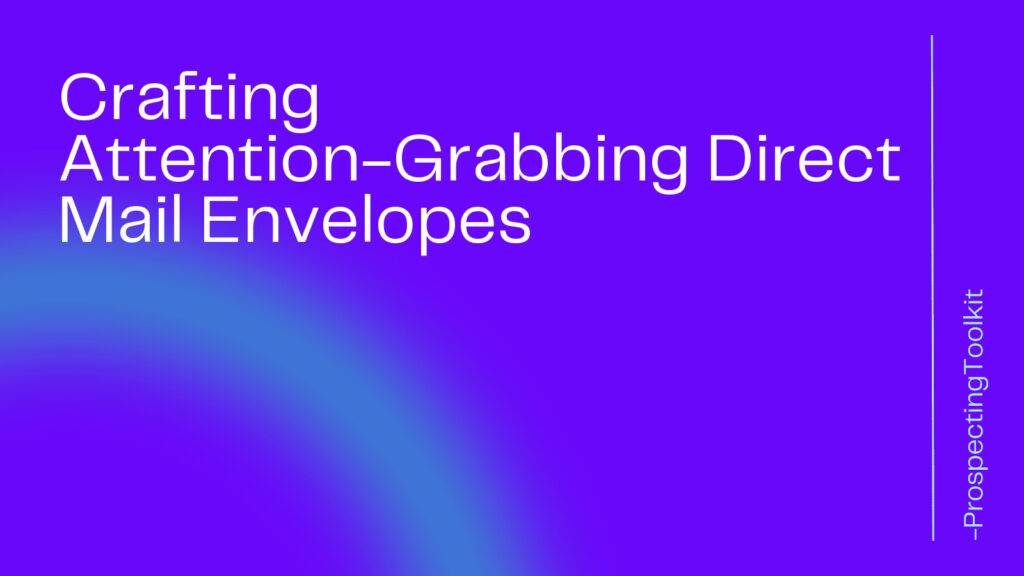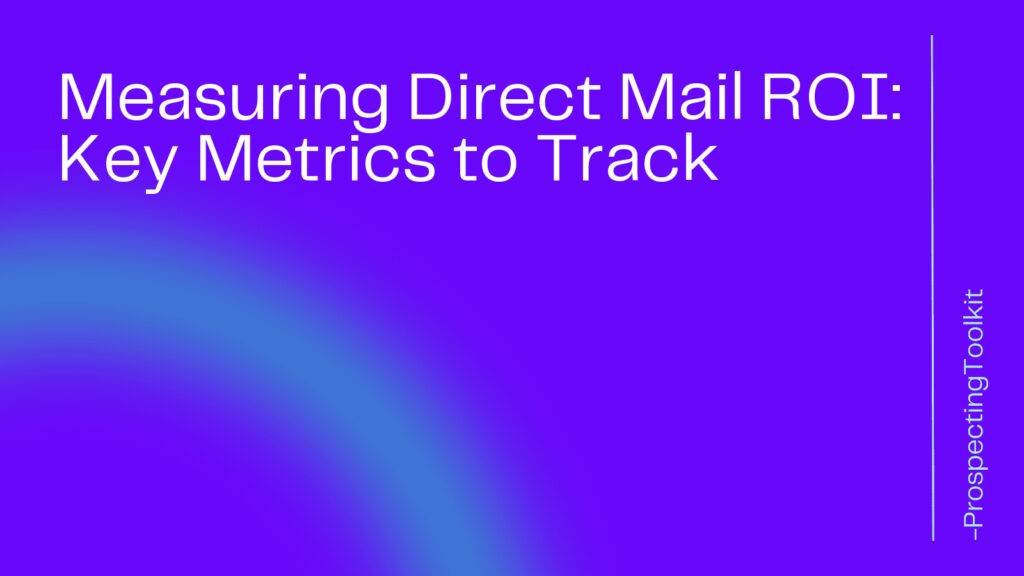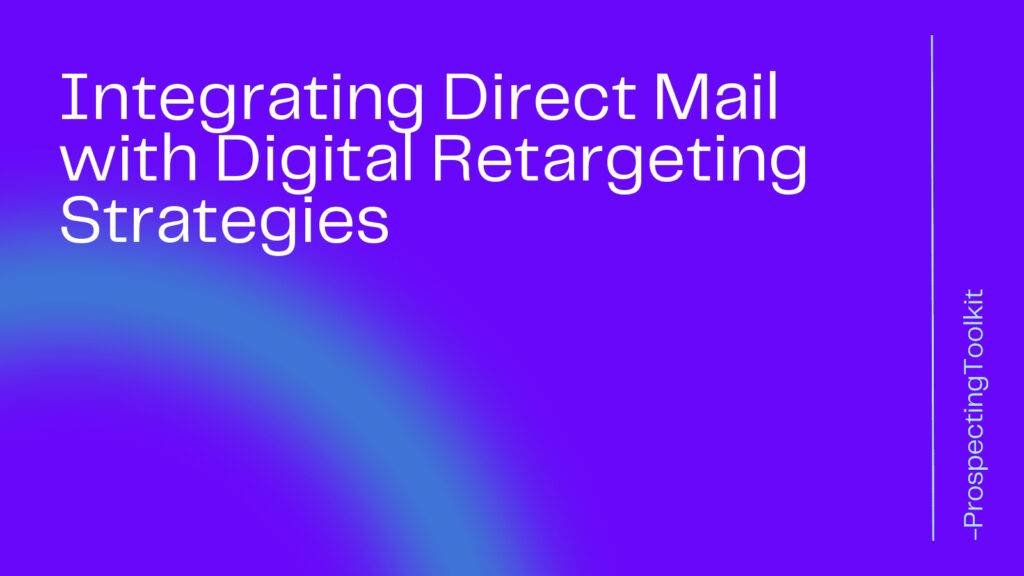Content creators are constantly looking for new ways to monetize their shows.
While advertising and sponsorships have traditionally been the go-to revenue streams, many podcasters are now exploring the option of creating and selling their own products or services.
This not only allows them to have more control over their income but also provides a unique opportunity to connect with their audience on a deeper level.
In this comprehensive guide, we will explore the various steps involved in creating and selling your own products or services through your podcast.
From ideation to execution, we will cover everything you need to know to turn your podcast into a profitable venture.
Table of Contents
ToggleIntroduction
Podcasting has become a powerful medium for content creators to share their knowledge, stories, and expertise with a global audience. With millions of active listeners across various genres, podcasts have emerged as a lucrative platform for entrepreneurs to showcase their products or services.
By leveraging the trust and connection built with their audience, podcasters can create and sell products or services that align with their brand and cater to the needs of their listeners.
This not only allows them to generate additional revenue but also strengthens their relationship with their audience.
Identifying Your Niche and Audience
Before diving into the process of creating and selling your own products or services, it is crucial to identify your niche and understand your target audience.
By narrowing down your focus, you can tailor your offerings to meet the specific needs and interests of your listeners.
To identify your niche, consider the following:
- What topics do you cover in your podcast?
- Who is your ideal listener?
- What problems or challenges do they face?
- How can your expertise or knowledge help solve those problems?
By answering these questions, you can gain a deeper understanding of your niche and audience, which will guide you in the next steps of the process.
Brainstorming Product or Service Ideas
Once you have a clear understanding of your niche and audience, it’s time to brainstorm product or service ideas that align with your podcast’s theme and cater to the needs of your listeners.
Here are a few brainstorming techniques to get you started:
- Conduct audience surveys or polls to gather insights and feedback.
- Analyze listener feedback and comments to identify common pain points.
- Research industry trends and identify gaps in the market.
- Explore your own expertise and skills to identify areas where you can add value.
Remember to think outside the box and consider both physical and digital products, as well as services that can be delivered online or offline.
The key is to create something that resonates with your audience and provides a solution to their problems.
Validating Your Ideas
Once you have a list of potential product or service ideas, it’s essential to validate them before investing time and resources into development.
Validating your ideas will help ensure that there is a demand for your offerings and increase the chances of success.
Here are a few methods to validate your ideas:
- Conduct market research to assess the demand for similar products or services.
- Seek feedback from your audience through surveys or focus groups.
- Test the market by offering a limited-time promotion or pre-orders.
By validating your ideas, you can make informed decisions about which products or services to pursue and refine your offerings based on the feedback received.
Creating Your Product or Service
Once you have validated your ideas and selected the most promising ones, it’s time to bring them to life.
The process of creating your product or service will vary depending on the nature of your offerings.
Here are a few steps to consider:
- Define the features and specifications of your product or service.
- Develop a prototype or create a sample to showcase the final product.
- Hire professionals or acquire the necessary skills to create high-quality products or deliver exceptional services.
- Establish partnerships with suppliers or manufacturers if needed.
It’s important to maintain the quality and consistency of your offerings to build trust with your audience. Consider leveraging your podcast platform to provide behind-the-scenes updates and sneak peeks, creating anticipation and excitement among your listeners.
Pricing and Packaging
Determining the right pricing and packaging strategy for your products or productized services is crucial for maximizing sales and profitability. Here are some factors to consider when setting your prices:
- Research the market to understand the pricing range for similar products or services.
- Consider the value and uniqueness of your offerings.
- Assess the production costs and overhead expenses.
- Take into account the perceived value and willingness to pay of your target audience.
When it comes to packaging, consider offering different tiers or bundles to cater to different customer segments. This can include options such as basic, standard, and premium packages, each with varying features and price points.
By providing options, you can appeal to a wider range of customers and increase your chances of making a sale.
Launching and Promoting Your Offering
Once your product or service is ready, it’s time to launch and promote it to your audience.
Leverage your podcast platform and other marketing channels to create buzz and generate interest.
Here are some strategies to consider:
- Create a dedicated episode or series of episodes to introduce and showcase your offering.
- Collaborate with influencers or other podcasters in your niche to reach a wider audience.
- Utilize social media platforms to share teasers, behind-the-scenes content, and testimonials.
- Offer exclusive discounts or bonuses to your podcast listeners as a token of appreciation.
Remember to emphasize the unique value proposition of your offering and highlight how it addresses the specific pain points of your audience.
By leveraging your existing audience and network, you can generate initial sales and create momentum for your product or service.
Leveraging Your Podcast to Drive Sales
One of the advantages of selling your own products or services through your podcast is the direct connection you have with your audience.
Use your podcast episodes as an opportunity to educate, inform, and inspire your listeners, while subtly promoting your offerings.
Here are some strategies to leverage your podcast to drive sales:
- Incorporate product or service mentions organically within your episodes.
- Share success stories or case studies related to your offerings.
- Offer exclusive discounts or promotions to your podcast listeners.
- Invite satisfied customers or clients to share their experiences on your podcast.
By integrating your offerings seamlessly into your podcast content, you can create a sense of trust and authenticity, increasing the likelihood of conversions.
Providing Exceptional Customer Service
To build a loyal customer base and encourage repeat purchases, it’s essential to provide exceptional customer service.
This includes prompt and personalized communication, addressing customer concerns or issues, and going above and beyond to exceed expectations.
Here are some tips for providing exceptional customer service:
- Respond to customer inquiries or feedback in a timely manner.
- Offer multiple channels of communication, such as email, social media, or a dedicated customer support line.
- Provide clear and detailed product or service information to set accurate expectations.
- Offer hassle-free returns or exchanges, if applicable.
By prioritizing customer satisfaction, you can establish a positive reputation and generate positive word-of-mouth referrals, which can significantly impact your sales and business growth.
Scaling Your Business
As your podcast and product or service offerings gain traction, you may consider scaling your business to reach a wider audience and increase your revenue.
Here are some strategies to scale your business:
- Expand your product or service line to cater to different customer segments or address additional pain points.
- Explore partnerships or collaborations with other businesses or influencers in your niche.
- Invest in marketing and advertising to reach a larger audience.
- Consider hiring additional staff or outsourcing certain tasks to manage increased demand.
It’s important to carefully plan and strategize your scaling efforts to ensure sustainable growth and maintain the quality of your offerings. Regularly evaluate and analyze your business metrics to identify areas for improvement and optimize your operations.
10 Examples of Products and Services to Sell with Your Podcast
Here are 10 examples of how podcasters can create and sell their own products or services:
- Merchandise: Create branded merchandise such as t-shirts, mugs, or stickers featuring your podcast logo or catchphrases. Sell these items to your listeners through your podcast website or online store.
- Online Courses: Develop online courses related to the topics discussed on your podcast. Offer exclusive content, tutorials, or workshops that provide value to your audience and charge a fee for access.
- Consulting Services: Leverage your expertise in your podcast niche to offer consulting services to individuals or businesses seeking guidance. You can provide one-on-one consultations, group coaching sessions, or personalized advice packages.
- Premium Content: Offer premium or ad-free episodes to subscribers who sign up for a paid membership or subscription plan. Provide bonus content, extended interviews, or early access to episodes as incentives for subscribers.
- Workshops and Events: Organize workshops, seminars, or live events related to your podcast theme. Offer tickets for sale to your listeners who want to attend these events either in person or virtually.
- Affiliate Marketing: Partner with companies or brands that align with your podcast’s audience and promote their products or services as an affiliate. Earn a commission for every sale generated through your unique affiliate links.
- Digital Products: Create and sell digital products such as e-books, guides, templates, or resource packs that complement your podcast content. These products can provide additional value and knowledge to your audience.
- Coaching Programs: Develop coaching programs or mentorship opportunities based on the expertise shared in your podcast. Offer personalized guidance, support, and accountability to individuals who enroll in your coaching programs.
- Sponsorship Packages: Sell sponsorship packages to businesses or brands interested in reaching your podcast audience. Offer advertising slots, sponsored segments, or mentions during episodes in exchange for a fee.
- Crowdfunding Campaigns: Launch a crowdfunding campaign on platforms like Patreon or Kickstarter to raise funds directly from your listeners. Offer exclusive rewards, perks, or behind-the-scenes access to encourage listeners to support your podcast financially.
These are just a few examples of how podcasters can monetize their content by creating and selling their own products or services.
The key is to provide value to your audience and offer products or services that align with their interests and needs.
Frequently Asked Questions (FAQ)
Can I sell physical products through my podcast?
Yes, you can sell physical products through your podcast. This can include merchandise, books, or any other tangible items that align with your brand and resonate with your audience. For example, if you have a podcast about fitness, you can sell workout equipment, apparel, or even your own fitness guide.
How can I determine the right pricing for my offerings?
To determine the right pricing for your offerings, research the market to understand the pricing range for similar products or services. Consider the value and uniqueness of your offerings, as well as the production costs and overhead expenses. It’s also important to assess the perceived value and willingness to pay of your target audience. Conducting market research and gathering feedback from your audience can help you gauge their price sensitivity and make informed pricing decisions.
How can I promote my offerings effectively?
To promote your offerings effectively, leverage your podcast platform and other marketing channels. Create dedicated episodes or series of episodes to introduce and showcase your offering. Collaborate with influencers or other podcasters in your niche to reach a wider audience. Utilize social media platforms to share teasers, behind-the-scenes content, and testimonials. Offer exclusive discounts or bonuses to your podcast listeners as a token of appreciation. Additionally, consider creating a landing page on your website specifically for your product or service, where you can provide detailed information and encourage conversions.
How can I provide exceptional customer service?
To provide exceptional customer service, it’s important to prioritize clear and timely communication with your customers. Respond to customer inquiries or feedback promptly and professionally. Offer multiple channels of communication, such as email, social media, or a dedicated customer support line, to ensure accessibility. Provide detailed product or service information to set accurate expectations and address any potential concerns or questions. Additionally, consider implementing a system for handling returns or exchanges, if applicable, to ensure a hassle-free experience for your customers.
How can I scale my business?
Scaling your business requires careful planning and strategic decision-making. Here are some strategies to consider:
- Expand your product or service line: Identify additional pain points or needs within your niche and develop new offerings to address them. This can help you reach a wider audience and increase your revenue streams.
- Collaborate with others: Explore partnerships or collaborations with other businesses or influencers in your niche. This can help you tap into new markets and leverage their existing audience.
- Invest in marketing and advertising: Allocate resources to marketing and advertising efforts to increase brand visibility and attract new customers. Consider utilizing social media advertising, content marketing, and email marketing to reach your target audience effectively.
- Optimize your operations: Regularly evaluate your business processes and identify areas for improvement. Streamline your operations, automate tasks where possible, and consider outsourcing certain functions to free up your time and resources.
- Hire and delegate: As your business grows, it may be necessary to hire additional staff or outsource certain tasks to manage increased demand. Delegate responsibilities effectively to ensure smooth operations and maintain the quality of your offerings.
Remember, scaling your business should be done strategically and in alignment with your overall goals and vision. Regularly assess your progress, analyze data, and make adjustments as needed to ensure sustainable growth.
Conclusion
Creating and selling your own products or services through your podcast can be a rewarding and profitable endeavor.
By identifying your niche, understanding your audience, and developing offerings that provide value and solve their problems, you can leverage your podcast platform to generate additional revenue and strengthen your relationship with your listeners.
Remember to validate your ideas, create high-quality products or deliver exceptional services, and promote your offerings effectively. By providing exceptional customer service and strategically scaling your business, you can turn your podcast into a successful and sustainable venture.
Now that you have a comprehensive guide on creating and selling your own products or services through your podcast, it’s time to put your knowledge into action.
Start brainstorming ideas, conducting market research, and taking steps towards monetizing your podcast in a way that aligns with your brand and resonates with your audience.
Good luck on your entrepreneurial journey!







